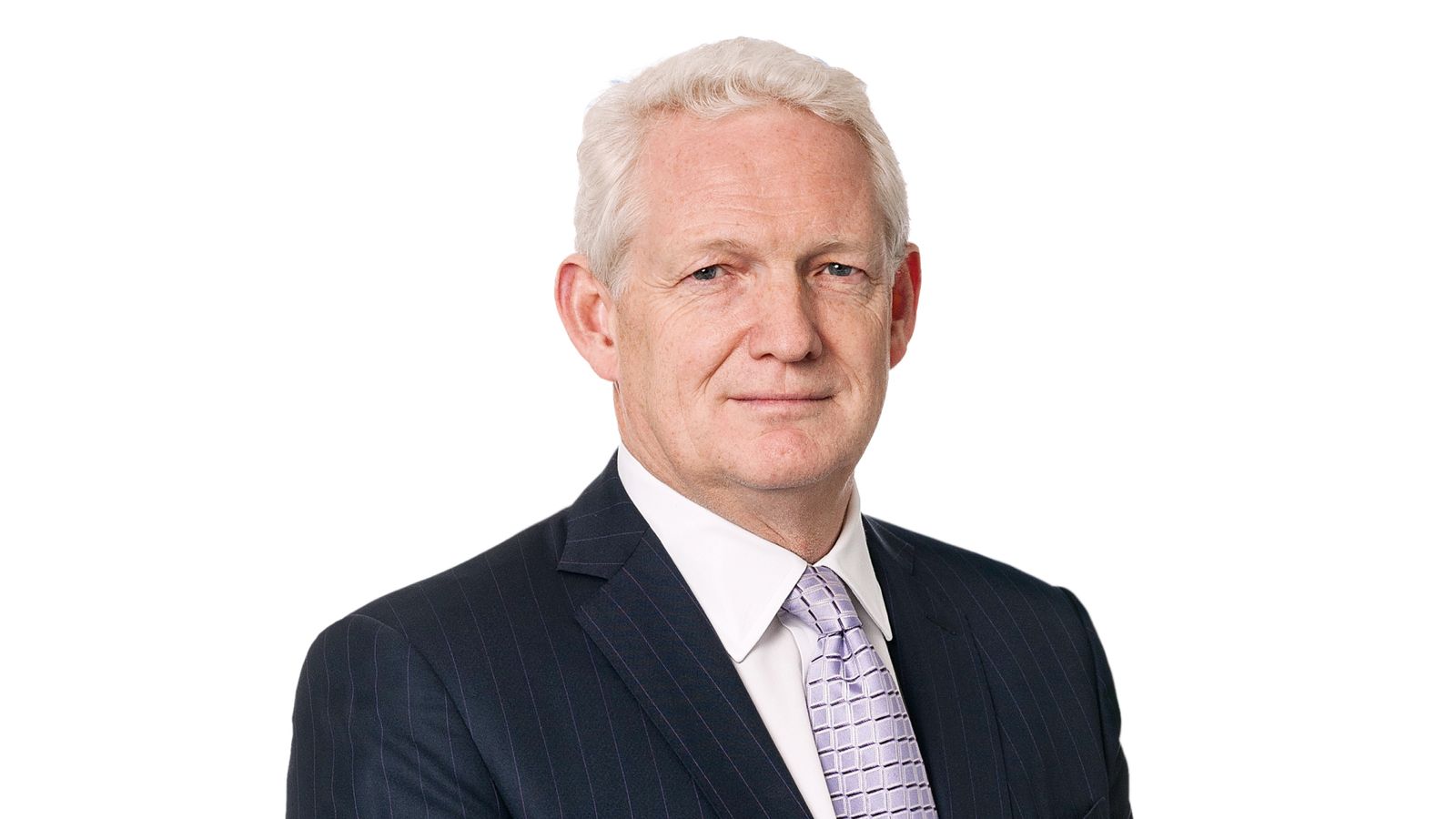Starbucks will work with the Ethereum second layer solution Polygon on their non-fungible token (NFT) loyalty program, called “Odyssey”. Announced over 5 months ago, the initiative coincides with the return of the company’s founder Howard Schultz as CEO and with in-house issues.
Thus, “Starbucks Odyssey” is aim at providing customers with a new experience and possibly mitigating some of these internal problems. According to a report from Techcrunch, the company’s Starbucks Rewards Loyalty program will be extended with an NFT marketplace built on top of this blockchain platform.
In that way, customers will have access to exclusive digital assets that will provide them with additional rewards. The report claims that Starbucks has investors an early look into its Polygon-based new loyalty program claiming it will complement the current reward model which has seen a lot of success.
The traditional program allows Starbucks customers to top it with a certain amount of money and pay for their drinks with access to free drinks and free WiFi. This program was launched in 2008 and was overhauled in 2010 with the launch of the company’s mobile app.
As seen in the image below, provided by Alex Johnson, the program awarded customers with points, gave people an easy way to include and store payment methods, and preload their cards with money to “save them time”. The new NFT program is aimed at pushing beyond these boundaries.
Starbucks’ Loyalty Program after its 2010 overhaul. Source: Alex Johnson (@AlexH_Johnson) via Twitter
Starbucks Embraces The Polygon Blockchain
According to the report, the company appointed Adam Brotman, the creator of their Mobile Order and Pay System and the 2010 mobile app, as a special advisor. Brotman is working with several Starbucks teams specialized in marketing, loyalty, and technology.
Brady Brewer, CMO at Starbucks, told TechCrunch that the company has been planning this initiative for at least six months. The company has been fast at accepting technological innovation, particularly related to cryptocurrency and digital assets.
As Bitcoinist reported in 2019, Starbucks was one of the first companies to enter a partnership with crypto exchanges, such as Bakkt, and with the New York Stock Exchange (NYSE) to create a global digital asset platform. Up until this point, the company’s main focus was payments.
Brewer claims their investment in NFTs is part of a strategy to enhance its business model and growth its existing loyalty program. In addition, the company executive emphasized on the potential for Polygon NFTs to foster communities and give them access to exclusive products.
However, the company won’t advertise the use of blockchain technology in its loyalty program. Brewer said:
It happens to be built on blockchain and web3 technologies, but the customer — to be honest — may very well not even know that what they’re doing is interacting with blockchain technology. It’s just the enabler.
MATIC’s price is rallying on the 4-hour chart. Source: MATICUSDT Tradingview
Why Is This Polygon Partnership Important For The Starbucks Loyalty Program?
In order to access the Polygon NFT platform, Starbucks users will need to log in to the web app with their current loyalty program credentials, the report claims. Therein, users will have access to certain activities that once completed will allow them to earn digital assets dubbed “journey stamps”.
NFTs have been widely adopted by many legacy industries, but people have been reluctant to embrace them due to allege ecological concerns. Thus, Starbucks seems to be introducing the technology without explicitly informing its users so as to avoid any potential backlash.
The new NFT loyalty program will be launching later this year, Starbucks is yet to reveal the cost of their digital assets and other key details about the platform. On how NFT will help the company transform its popular loyalty program, Brewer added:
There will be a lot of ways for people to earn (rewards) without having to spend a lot of money. We want to make this super easy and accessible. There will be plenty of everyday experiences customers can earn like virtual classes or access to limited edition merchandise, for instance. The range of experiences will be quite vast and very accessible






